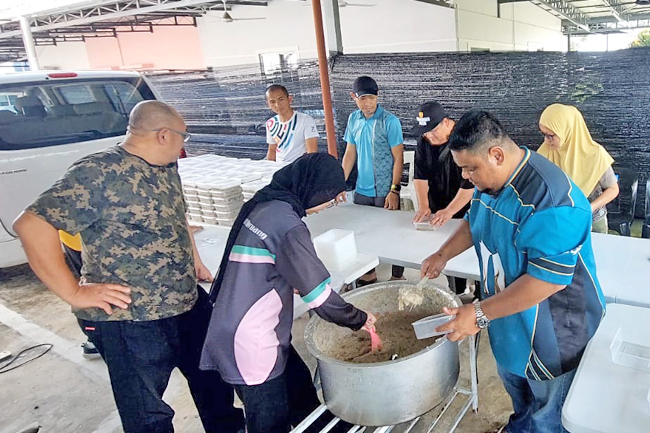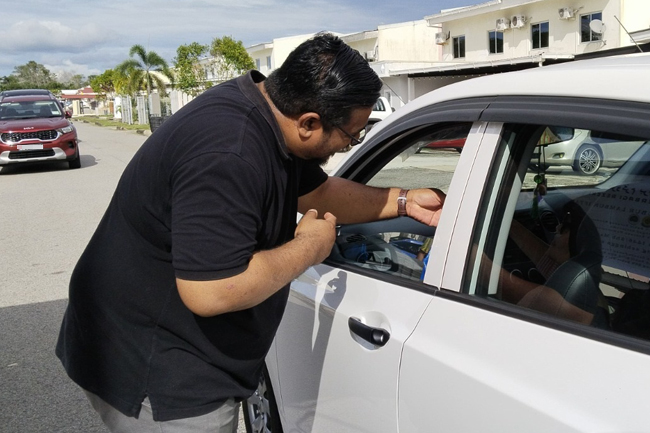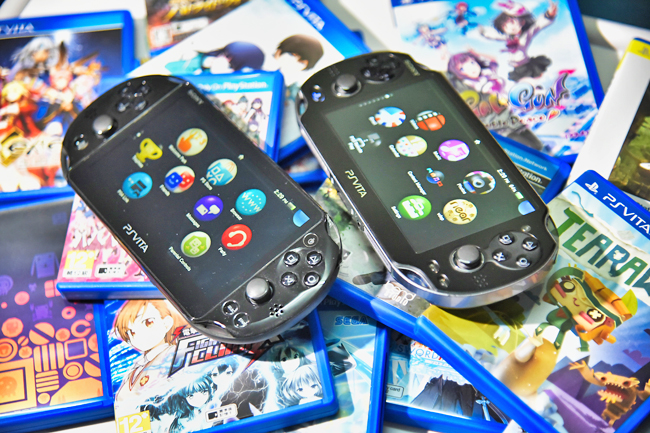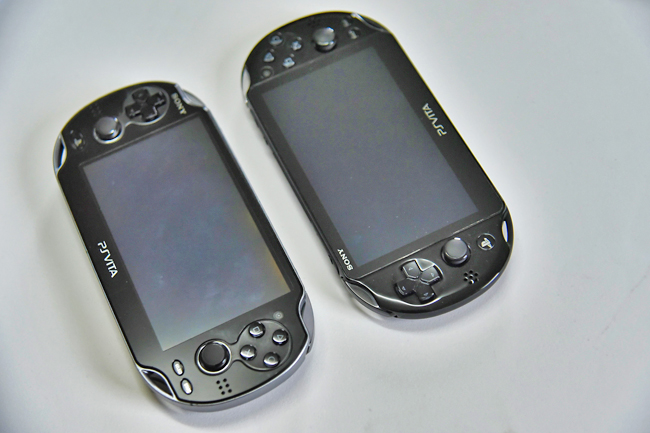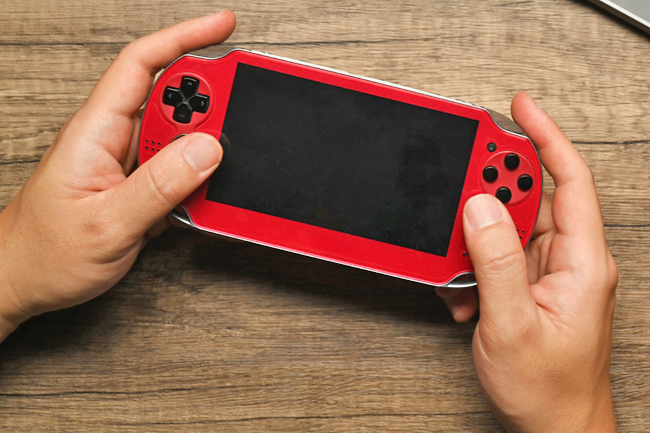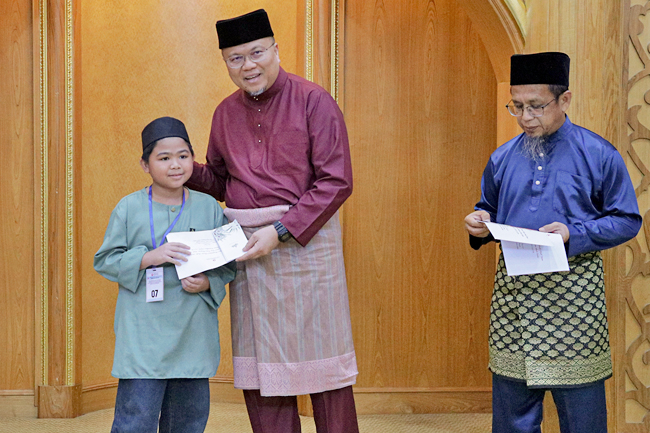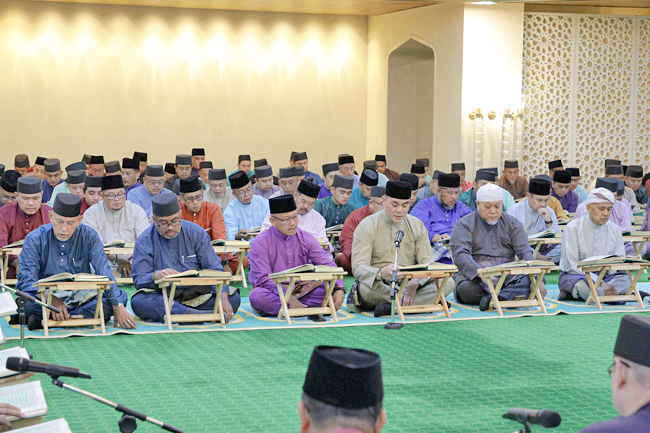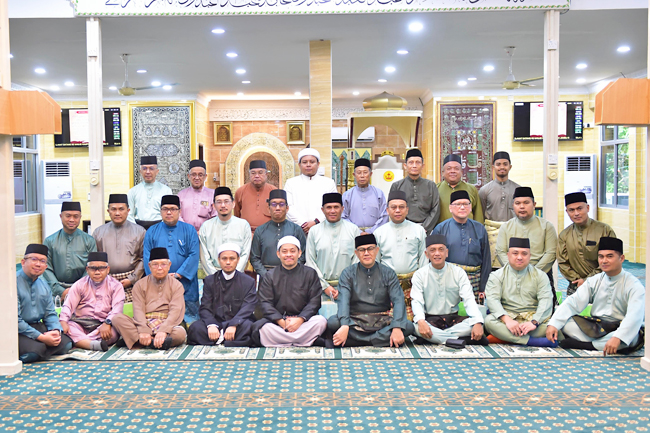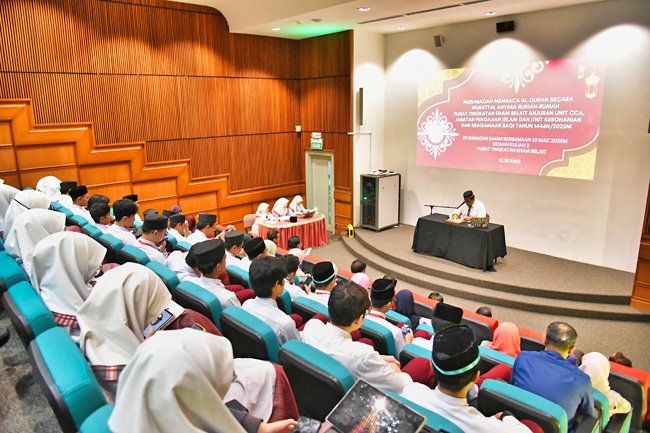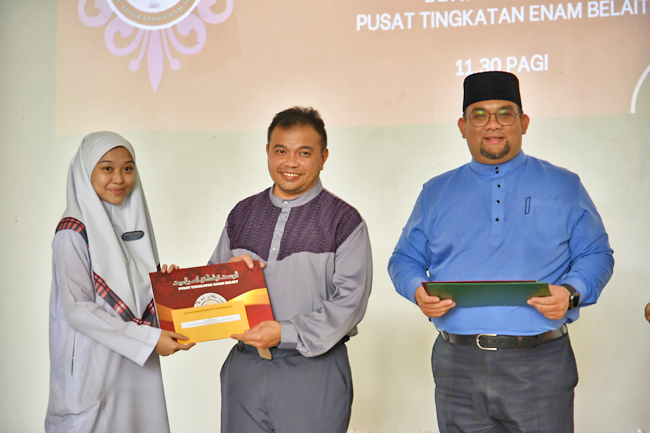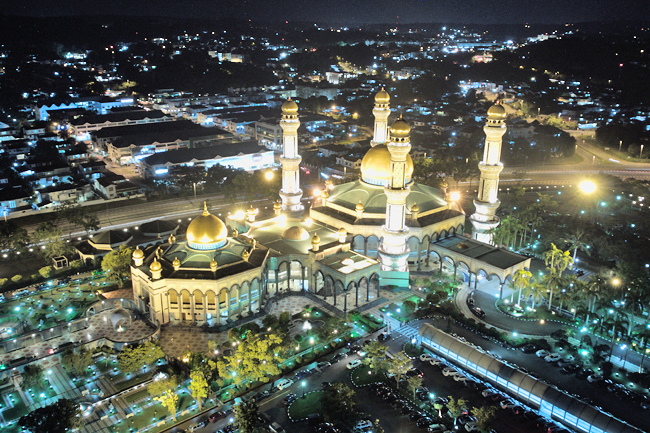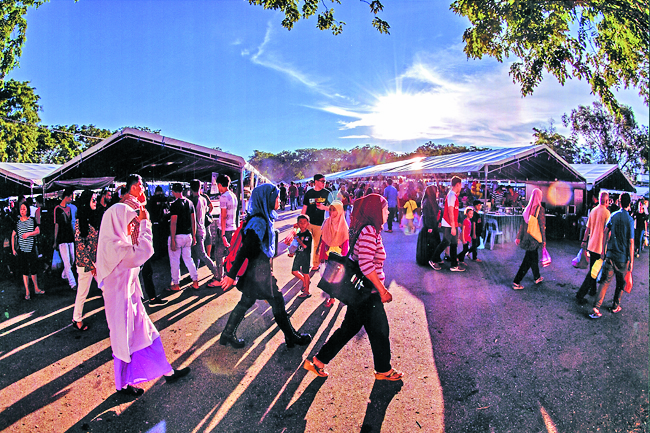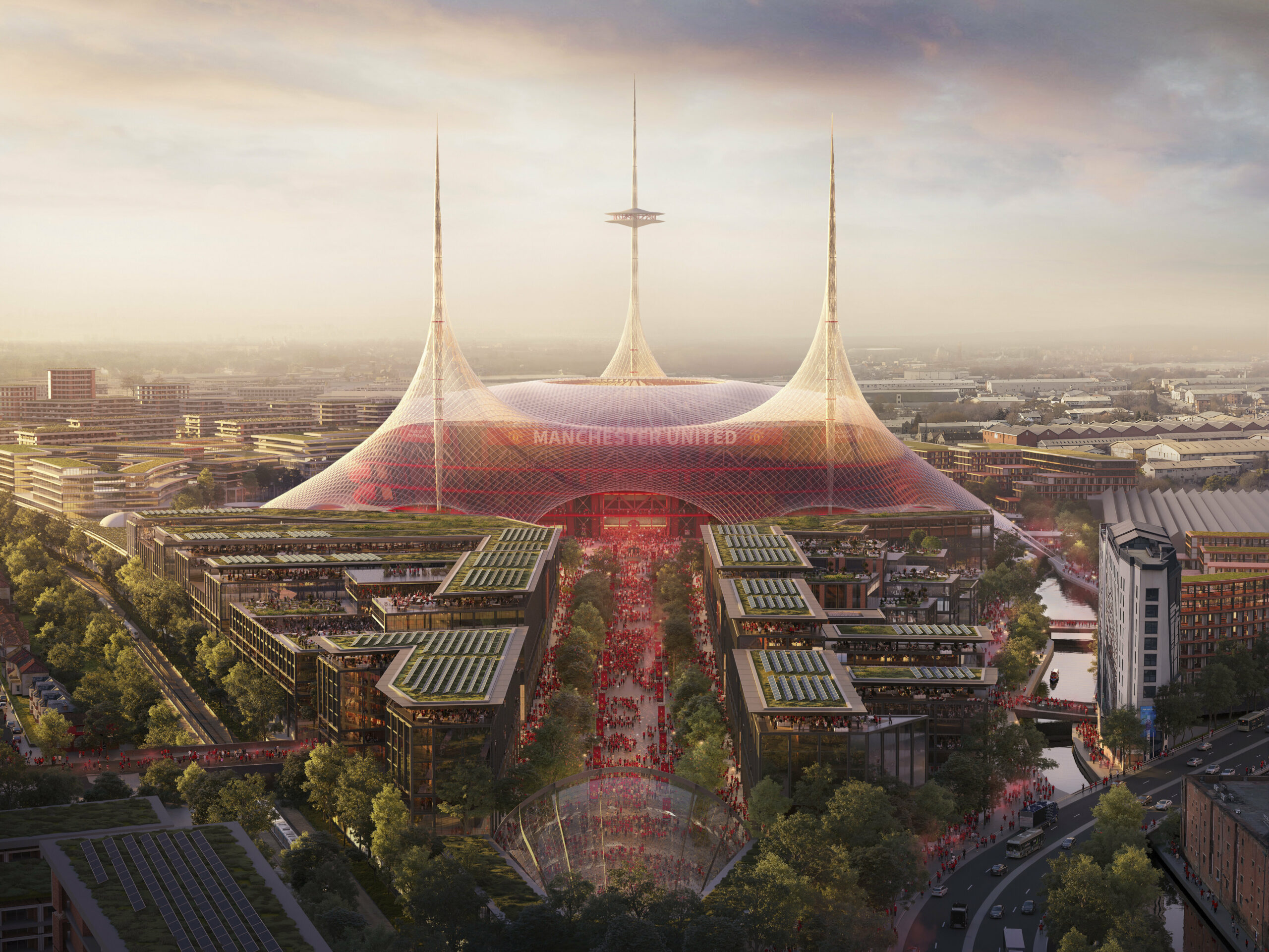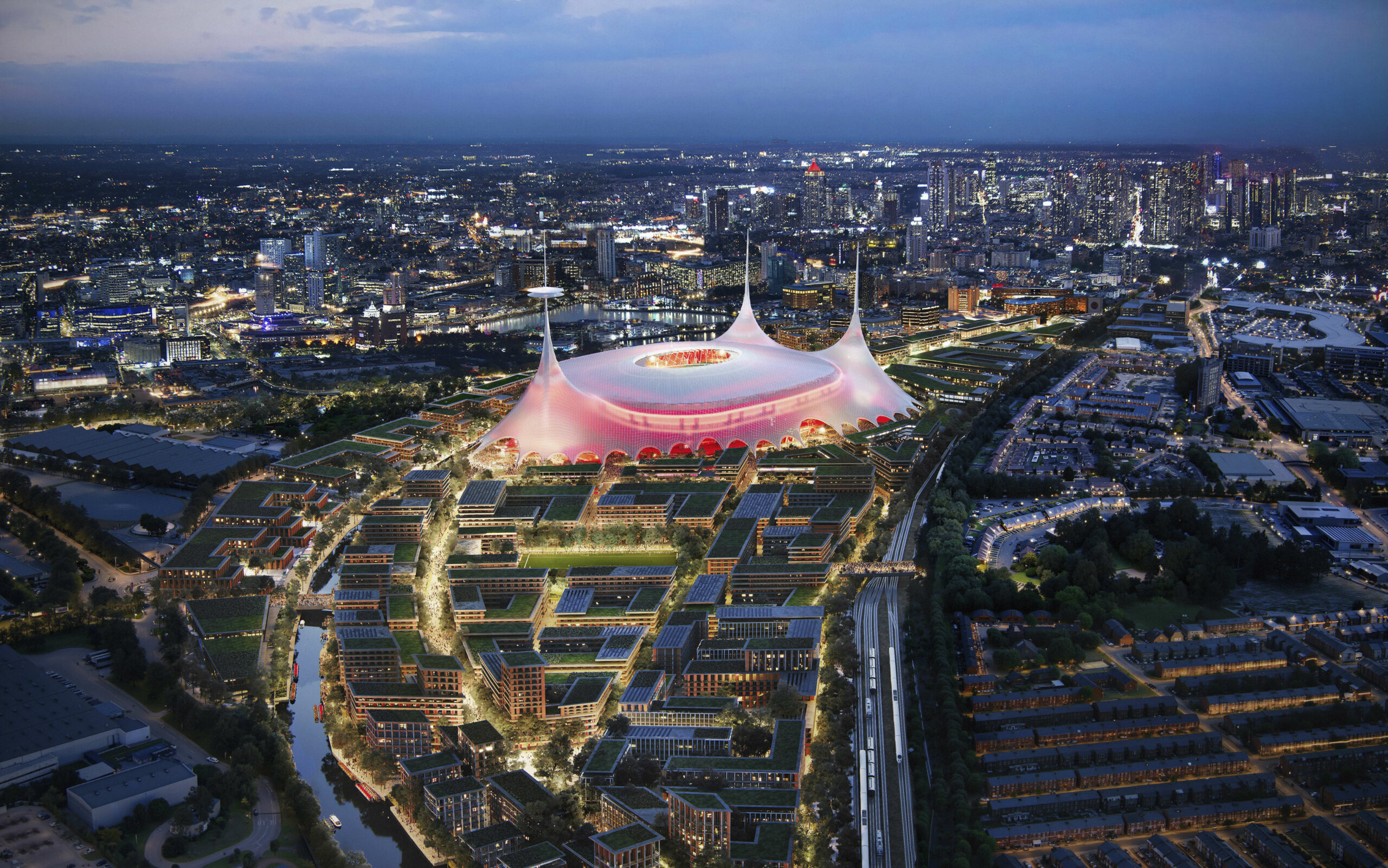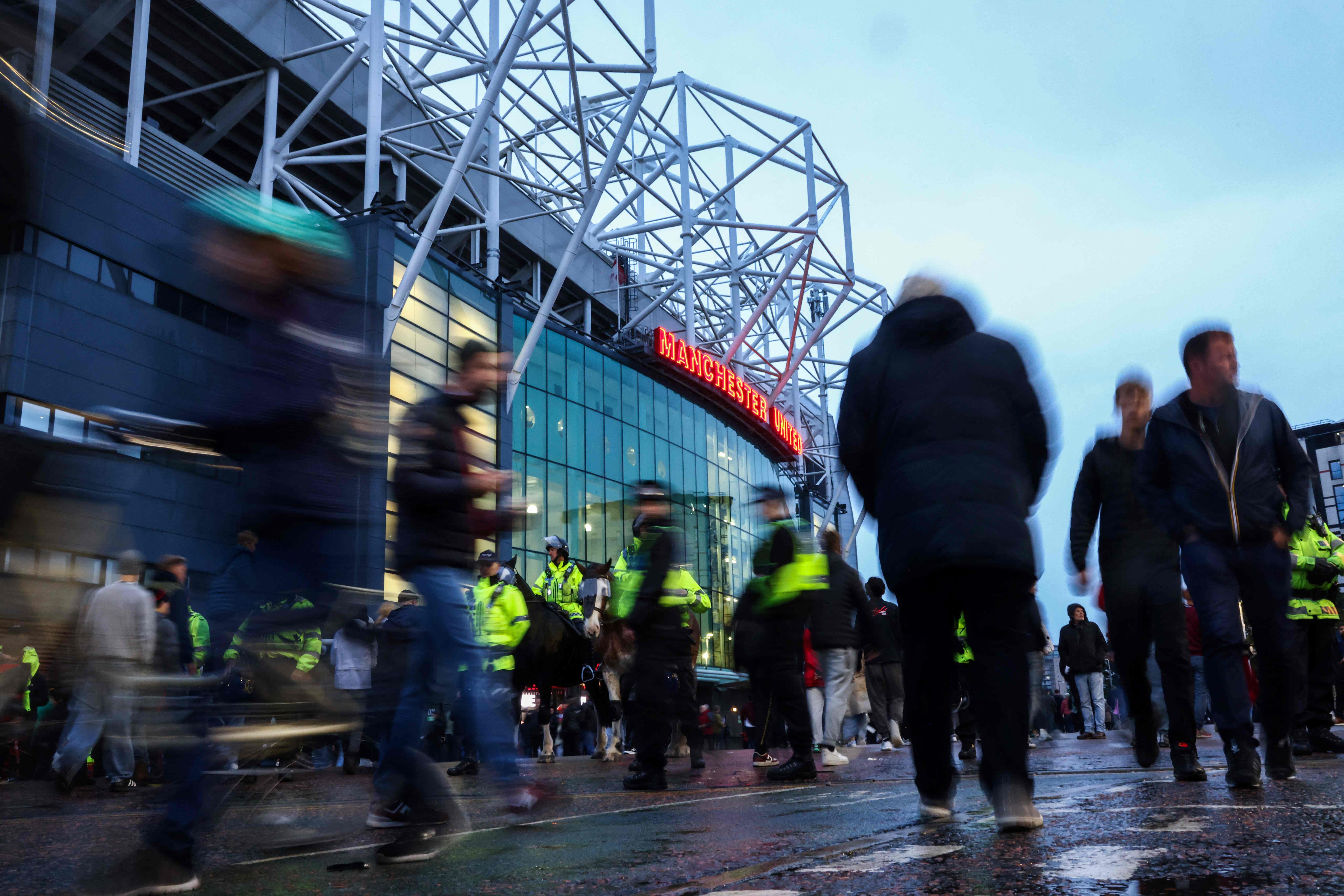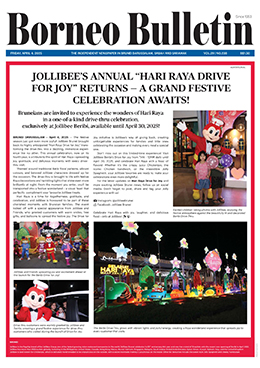Charity brings aid to families
One hundred-twenty recipients, comprising orphans and families in need from across Mukim Liang, received aid in basic food necessities as part of a Ramadhan charity effort held at the Zainab Mosque, Lumut.
Aishafika Minimart Sdn Bhd organised the annual event in collaboration with the Village Consultative Councils (MPK) of Kampong Sungai Liang, Kampong Lumut I, Kampong Lumut II, and RPN Kampong Lumut I.
Village Head of Kampong Sungai Liang Mohammad Haszrin bin Bagol, Village Head of Kampong Lumut I Taib bin Haji Salleh, Village Head of Kampong Lumut II Haji Khairdon bin Haji Dahlan, Acting Village Head of RPN Kampong Lumut Pengiran Ahmad bin Pengiran Haji Mahmud, as well as Managers of Aishafika Minimart Shahidah binti Haji Saadi, Haja Najirudeen Abdul Jabar and Sabrudeen Syed Mohamed were present at the event.
In handing the contributions to the recipients, the groups and agencies hope the donations will help lessen the burden of those in need, especially during the fasting month, as well as in preparation for the upcoming Hari Raya Aidilfitri celebration. – Daniel Lim
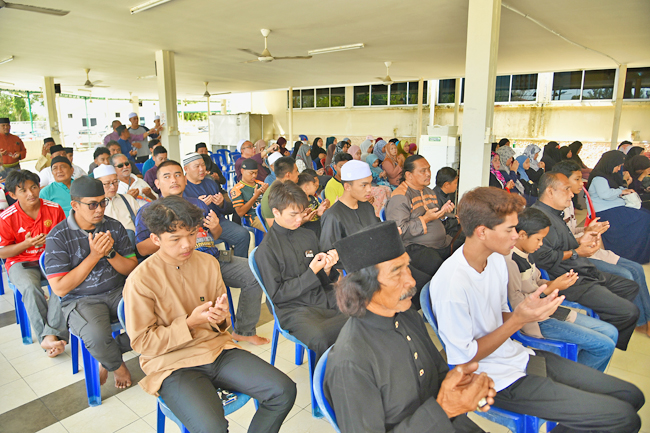
‘Ramadhan Kasih Raya’
As part of the group’s annual charity that gives back to the community in conjunction with the fasting month, Team PQ Stall hosted their month-long ‘Ramadhan Kasih Raya‘ on March 7 at Lorong Tiga Selatan Seria.
Founder of Posh Qifly Company Muhammad Norsaifullah bin Haji Kipli explained to the Bulletin that the event was held as a preparation for families in need for the upcoming Hari Raya celebration and provide basic food necessities.
“Due to the public’s response from previous years, we were able to continue to host our ‘Ramadhan Kasih Raya‘ once again this year, which is an opportunity for us to share our rezeki, especially during this holy month, with those in need.
“While we want to earn more berkah or blessings from Allah the Almighty, this initiative has made our hearts full and especially happy,” he added.
In addition to the basic food necessities, other donations handed over included pre-loved baju kurung, cara Melayu, adult and kids shoes, shawls, head scarves, school bags, t-shirt and bags; contributed from the group and supporters.
The contributions will be distributed to those in need over the next several weeks based on their needs.
He hoped that the initiative will help inspire youth to always be kind by showing care to the local community and create a positive impact by making those in need feel valued. “We also plan to continue this initiative we call ‘Ramadhan Kasih Raya’ yearly during Ramadhan with more support from various leaders.” – Daniel Lim

Dine, donate
Emperor’s Court Restaurant held its 8th Charity Sungkai Buffet 2025 on Monday evening, collaborating with the Society for the Management of Autism Related issues in Training, Education and Resources (SMARTER) Brunei where all the proceeds and donations from the Dine and Donate event went to SMARTER Brunei.
The Dine and Donate event successfully collected BND4,210 from the charity sungkai sales and Emperor’s Court topped up with an additional BND1,000 making the total donation BND5,210.
The donation was handed over after the event with SMARTER Brunei being represented by its Chief Executive Officer Malai Didi while Emperor’s Court was represented by its Manager Yi BiYi. – Lyna Mohamad
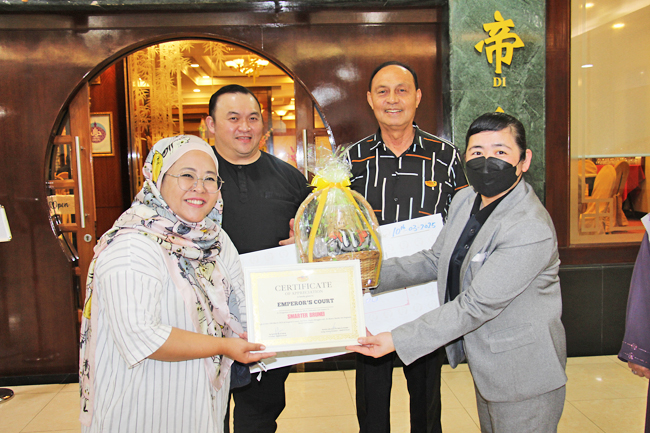
‘Program berbagi rezeki’
The Village Consultative Councils (MPK) of RPN Kampong Bukit Beruang Zones I and II, in collaboration with the Katakijau Humanitarian Aid Task Force, organised the ‘Program Berbagi Rezeki’ bubur lambuk distribution at the residence of the village head of RPN Kampong Bukit Beruang Zones 1 and 2.
The initiative saw the participation of 40 individuals, including MPK members, their families and residents. The event began with the preparation of the traditional porridge, resulting in 350 packets of bubur lambuk.
These were distributed via a drive-through system at the village head’s residence from 4pm. Additionally, portions were delivered to vendors at the Bukit Beruang Ramadhan stalls and congregants at the RPN Kampong Bukit Beruang Mosque.
President of the Katakijau Humanitarian Aid Task Force Rozan bin Haji Kaderi assisted in the distribution.
The Village Head of RPN Kampong Bukit Beruang Zones I and II highlighted that the programme aims to strengthen ties between the MPK members and the community. Plans are in place to make it an annual event to further enrich the Ramadhan spirit in the village. – Fadley Faisal
